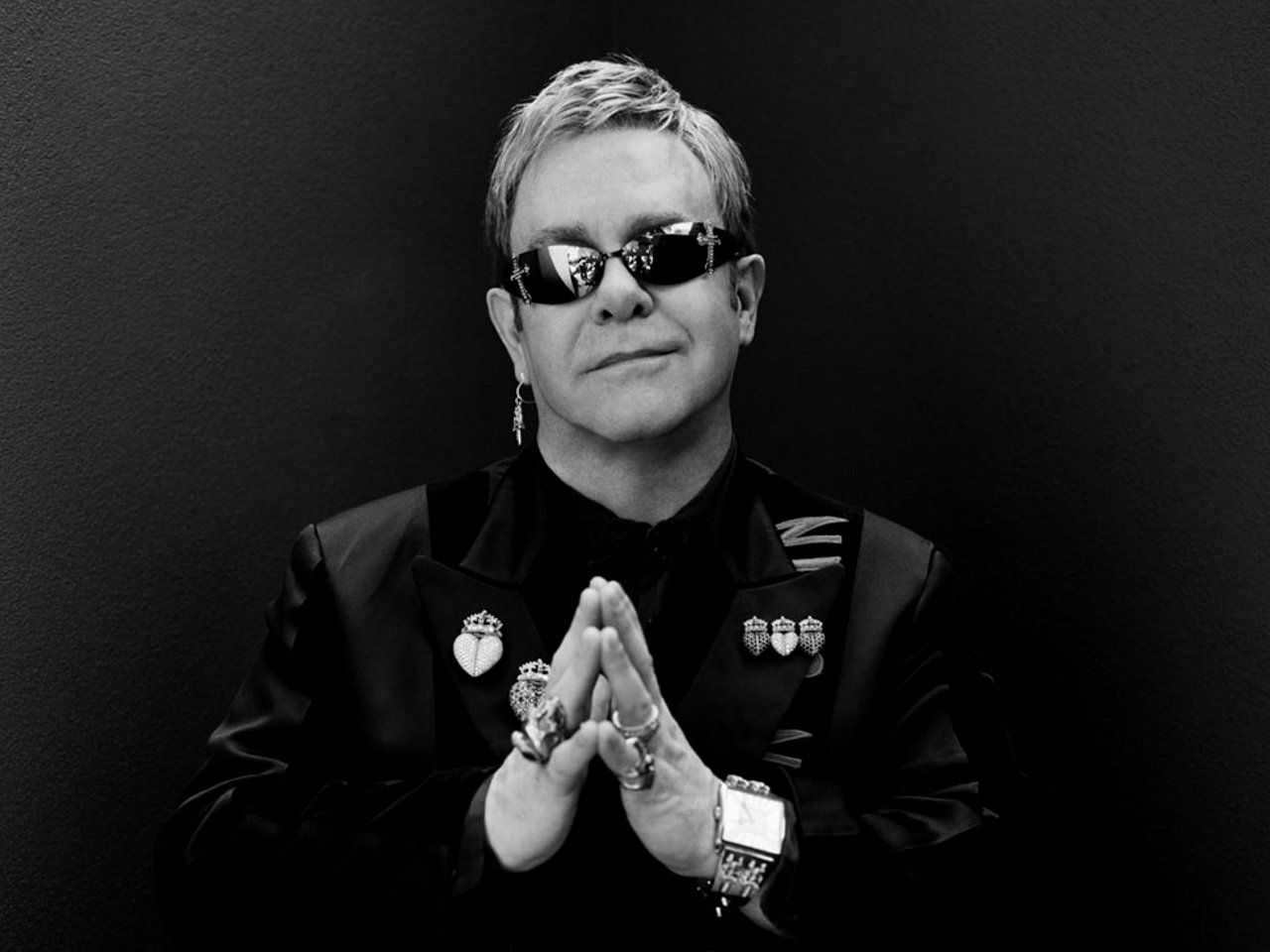
A Nostalgic Journey Through the Energetic Vibes of Youth
When Elton John released “Crocodile Rock” in 1972, it was as if he had opened a time capsule, unleashing a whirlwind of nostalgia and youthful exuberance that resonated deeply with listeners. The song quickly climbed the charts, securing the number one spot on the Billboard Hot 100 in February 1973. It wasn’t just a musical hit; it became an anthem for an era, encapsulating the carefree spirit and vibrant energy of the early rock ‘n’ roll days.
“Crocodile Rock” is more than just a catchy tune; it’s a love letter to the innocence and excitement of youth, set against the backdrop of the 1950s and early 60s rock scene. Elton John, along with his longtime lyricist Bernie Taupin, crafted this piece during a period when they were experimenting with different styles and themes. Inspired by the simplicity and joy of early rock music, they sought to capture that feeling of nostalgia—a yearning for simpler times when music was raw and unfiltered.
The song’s narrative transports listeners back to a time when life felt like an endless summer evening, filled with dances at local hangouts where everyone knew each other’s names. The protagonist reminisces about “Suzie,” his dance partner, and those nights spent grooving to the beat of “rocking was out of sight.” It evokes memories not just of music, but of youthful freedom and first loves—universal experiences that tug at the heartstrings.
For those who lived through the early days of rock ‘n’ roll, “Crocodile Rock” is a poignant reminder of their own formative years. It speaks to a generation who witnessed the birth of rock music—a revolutionary sound that defined their adolescence and shaped their identities. This song captures that cultural shift with infectious enthusiasm, making it impossible not to tap your feet or sing along as Elton’s voice takes you on a spirited journey down memory lane.
Moreover, the track stands out for its vibrant instrumentation. The playful piano riffs, combined with buoyant rhythms and catchy harmonies, create an irresistible melody that beckons listeners to recall their own ‘crocodile rockin” days. It’s no wonder that even decades later, “Crocodile Rock” continues to be celebrated across generations; its ability to evoke vivid memories is timeless.
In essence, Elton John’s “Crocodile Rock” serves as both a celebration and a reflection. It captures the essence of a bygone era while inviting listeners to reminisce about their own personal histories. For older audiences, it’s a warm embrace—a reminder of youth’s fleeting yet unforgettable moments. And for younger listeners, it’s an invitation to explore the roots of rock music and understand its enduring legacy.
As we listen to “Crocodile Rock”, we’re reminded that music has an unparalleled power to connect us with our past selves while simultaneously bringing us together in shared experience. It’s this timeless quality that cements Elton John’s place in music history—not just as a performer, but as a storyteller who understands the profound impact that songs can have on our lives.
